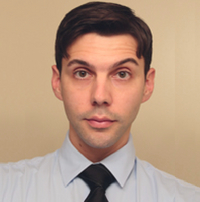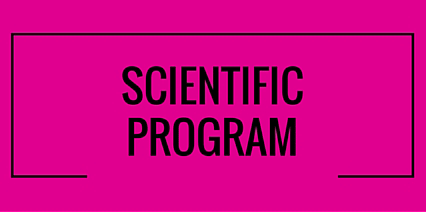
Bryan J. Black
University of Texas, Dallas, USA
Title: Sensory neurons cultured on microelectrode arrays as label-free, non-invasive biosensors for novel analgesic discovery
Biography
Biography: Bryan J. Black
Abstract
The tolerance, abuse, and potential exacerbation of symptoms associated with classical chronic pain medications (e.g., opioids) creates an urgent need for alternative therapeutics. Phenotypic screening may provide an alternative or complementary approach to traditional molecular target-based drug discovery. Profiling of cellular phenotypes enables quantification of physiologically relevant traits central to a disease pathology without prior identification of a specific molecular target. For complex disorders such as chronic pain, which involves many molecular targets, this approach may help to identify novel treatments. Sensory neurons, termed nociceptors, are central to the development and maintenance of chronic pain, may be cultured from primary tissues, and undergo changes in membrane excitability and activity consistent with chronic pain. Importantly, these changes manifest as alterations in firing rate and pattern of readily quantifiable signals (i.e., all-or-nothing action potentials) that can be recorded from substrate integrate microelectrode arrays (MEAs). Here, I will review the current application space of MEAs as biosensors for toxicology and pharmacology. Next, I will review the bioelectrical behavior of DRG neurons, signaling complexity chronic pain, and limitations and advantages of various sensory neuron models. Finally, I will describe the use of MEAs in assays for bioelectrical behavior as well as emerging efforts to leverage microfabrication, microfluidics, and 3D culture paradigms for assay development.

